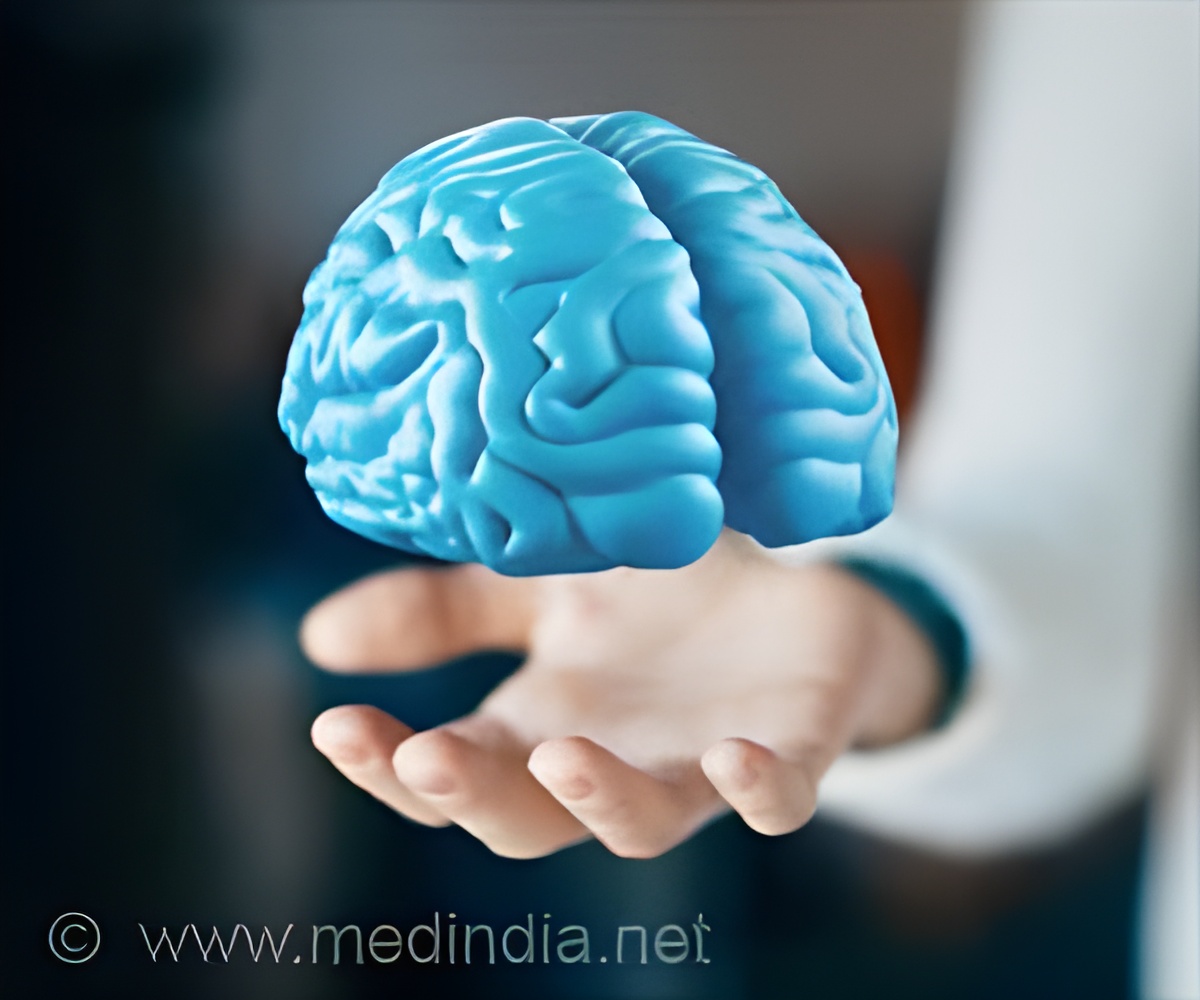The increase in a certain kind of high-frequency wave in dying brains might be associated with last-minute conscious experiences, but scientists do not know for sure.

‘A new study provides early evidence of a surge of electrical activity correlated with consciousness in the dying brain.’





A new study conducted by a team of researchers have recorded signatures of gamma activation in the dying brains of both animals and humans upon a loss of oxygen following cardiac arrest.People in Coma Showed ‘Conscious-Like’ Brain Activity During Death
The team identified four patients who passed away due to cardiac arrest in the hospital while under EEG monitoring. All four of the patients were comatose and unresponsive. They were ultimately determined to be beyond medical help and, with their families’ permission, removed from life support.Upon removal of ventilator support, two of the patients showed an increase in heart rate along with a surge of gamma wave activity, considered the fastest brain activity and associated with consciousness.
Furthermore, the activity was detected in the so-called hot zone of neural correlates of consciousness in the brain, the junction between the temporal, parietal and occipital lobes in the back of the brain. This area has been correlated with dreaming, visual hallucinations in epilepsy, and altered states of consciousness in other brain studies.
These two patients had previous reports of seizures, but no seizures during the hour before their deaths, by collecting EEG data from deceased patients under ICU care. The other two patients did not display the same increase in heartrate upon removal from life support nor did they have increased brain activity.
Life Passing Before Your Eyes May be Possible
Because of the small sample size, the authors caution against making any global statements about the implications of the findings. They also note that it is impossible to know in this study what the patients experienced because they did not survive.Researchers are unable to make correlations of the observed neural signatures of consciousness with a corresponding experience in the same patients in this study. However, the observed findings provide a new framework for our understanding of covert consciousness in the dying humans.
Advertisement
Advertisement











